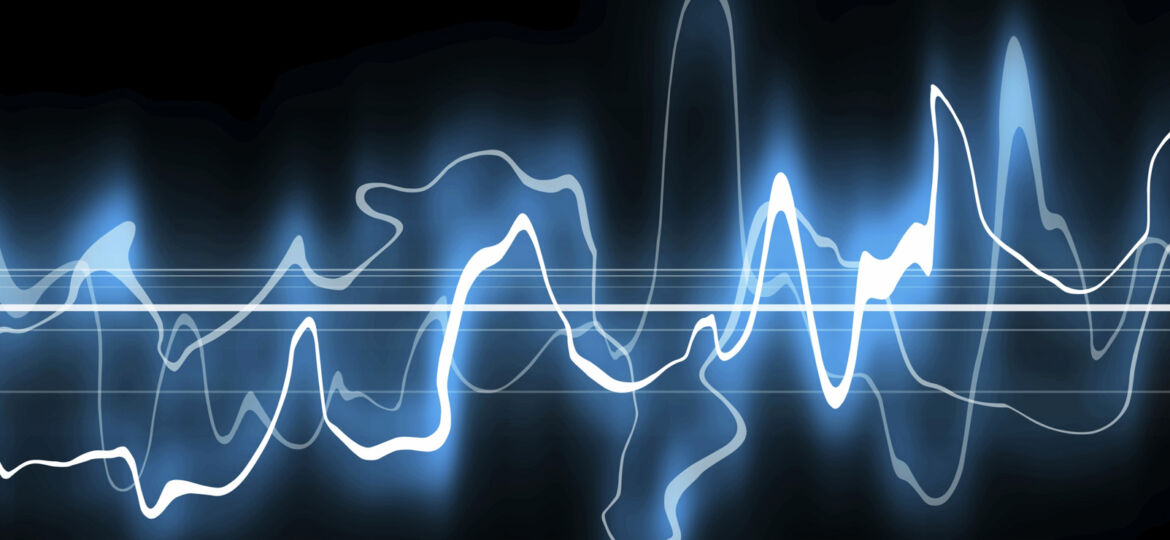
WHY THIS MATTERS IN BRIEF
- Our brains are unique – even more so than our eyes, faces and fingerprints – but now it’s been confirmed this discovery will open the door for new neurological healthcare treatments as well as accelerate the rise of new brainwave biometric security technologies
People say “our brains are wired differently,” and now a team of scientists led by Carnegie Mellon University researchers have proven that’s literally the case. The group developed a way to “fingerprint” the human brain using diffusion MRI and found that its structural connections are so unique, they can be used to identify individuals – something which a number of companies are already seizing on, with potentially devastating consequences for personal privacy. According to the team’s paper published in PLOS, they used diffusion MRI, which tracks the diffusion process of water molecules in biological tissue, to scan and analyse the brains of 699 subjects.
They then took those results and calculated the distribution of water in the point-by-point connections, called local connectome, of the brains’ white matter pathways. What they found was that each person has a unique local connectome, sort of like a fingerprint. Even twins’ local connectomes are only 12 percent similar to each other. To ensure that their conclusion is correct, they ran 17,000 identification tests and found that they could tell subjects from each other with nearly 100 percent accuracy.
That’s not all the team confirmed. They also found that a person’s life experiences, such as going through poverty or an illness, affects the brain structure. As such, researchers could use the method to understand how environments and experiences shape people’s brains and for now the researchers are focusing on its potential medical applications.
“This confirms something that we’ve always assumed in neuroscience – that connectivity patterns in your brain are unique to you. This means that many of your life experiences are somehow reflected in the connectivity of your brain. Thus we can start to look at how shared experiences, for example poverty or people who have the same pathological disease, are reflected in your brain connections, opening the door for potential new medical biomarkers for certain health concerns,” said Timothy Verstynen, one of the researchers.

















Sounds like fingerprints in motion. Keeping track of changes while the brain is constantly changing from experiences is a “tall order”.
This could end identity fraud as well as privacy. Also, a question for ethicists. Thank you for the article.
[…] can now use these devices to pull people’s darkest secrets from their heads, as well as uniquely identify them, should raise a whole host of privacy concerns for regulators, as well as the individuals and […]